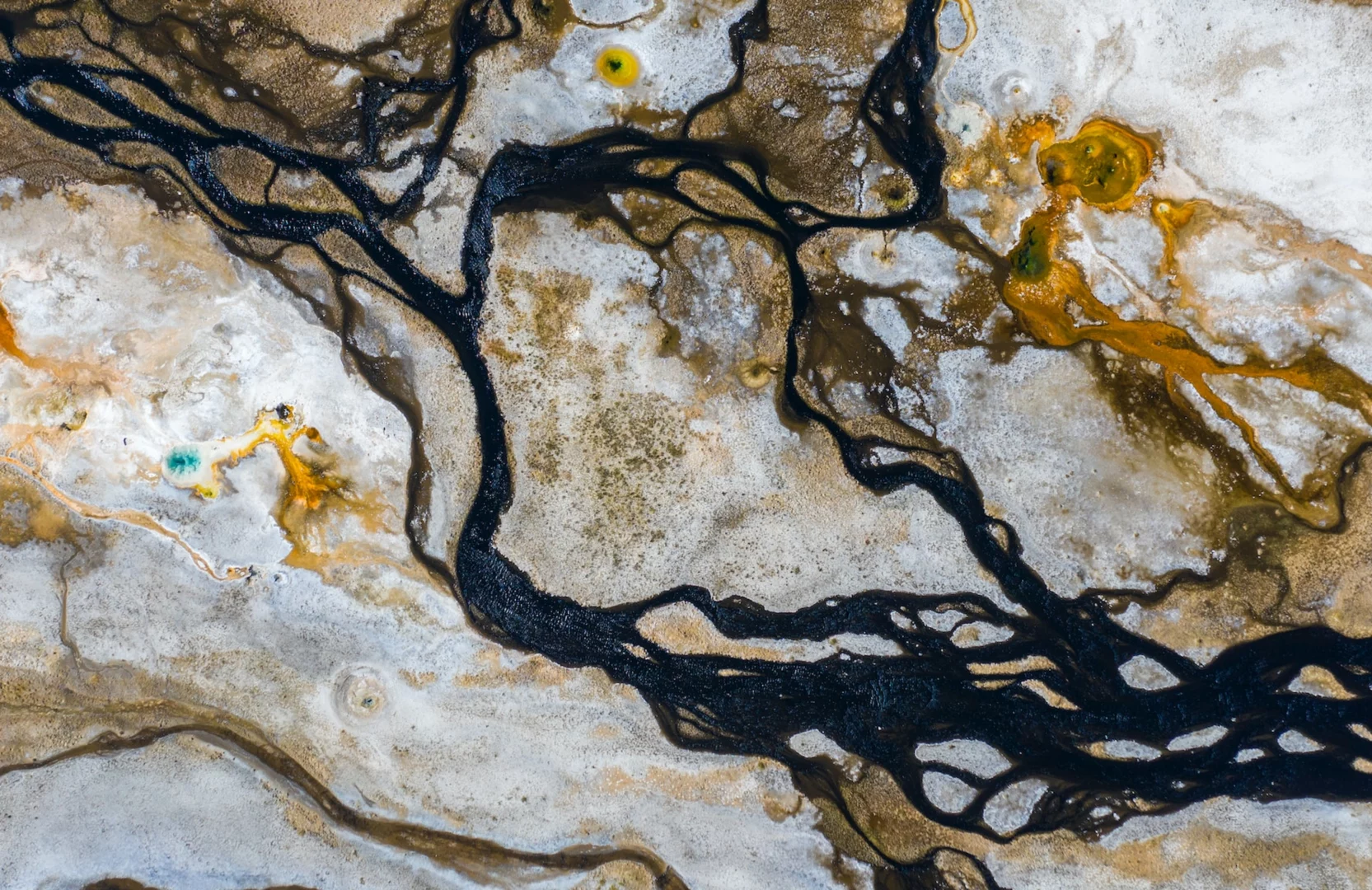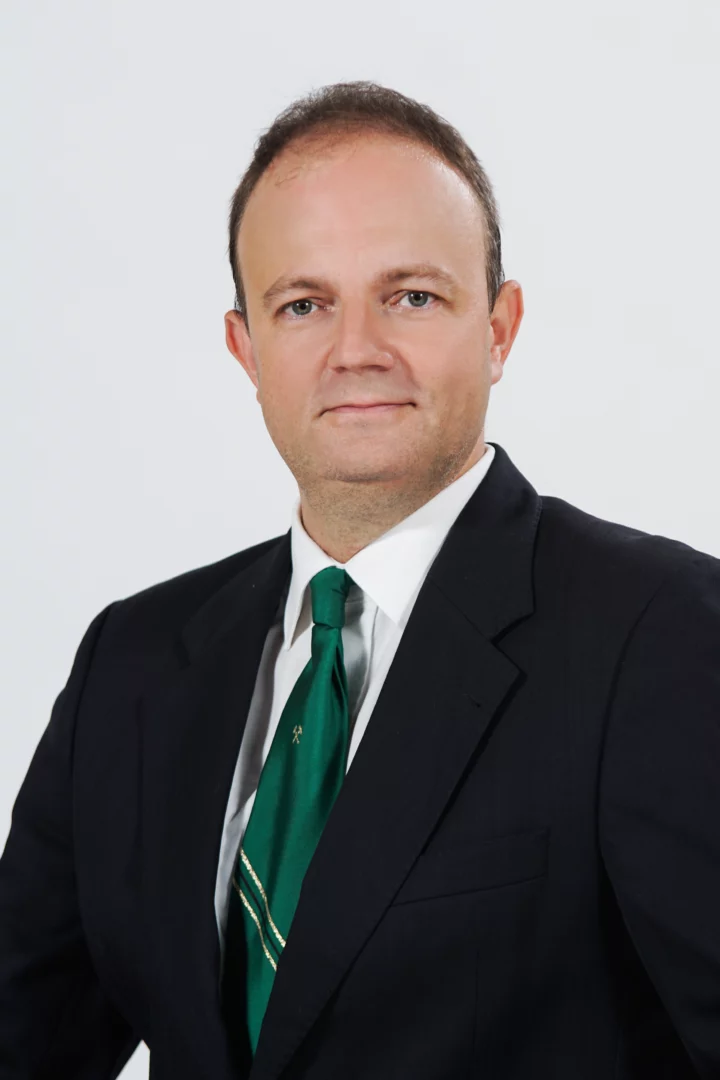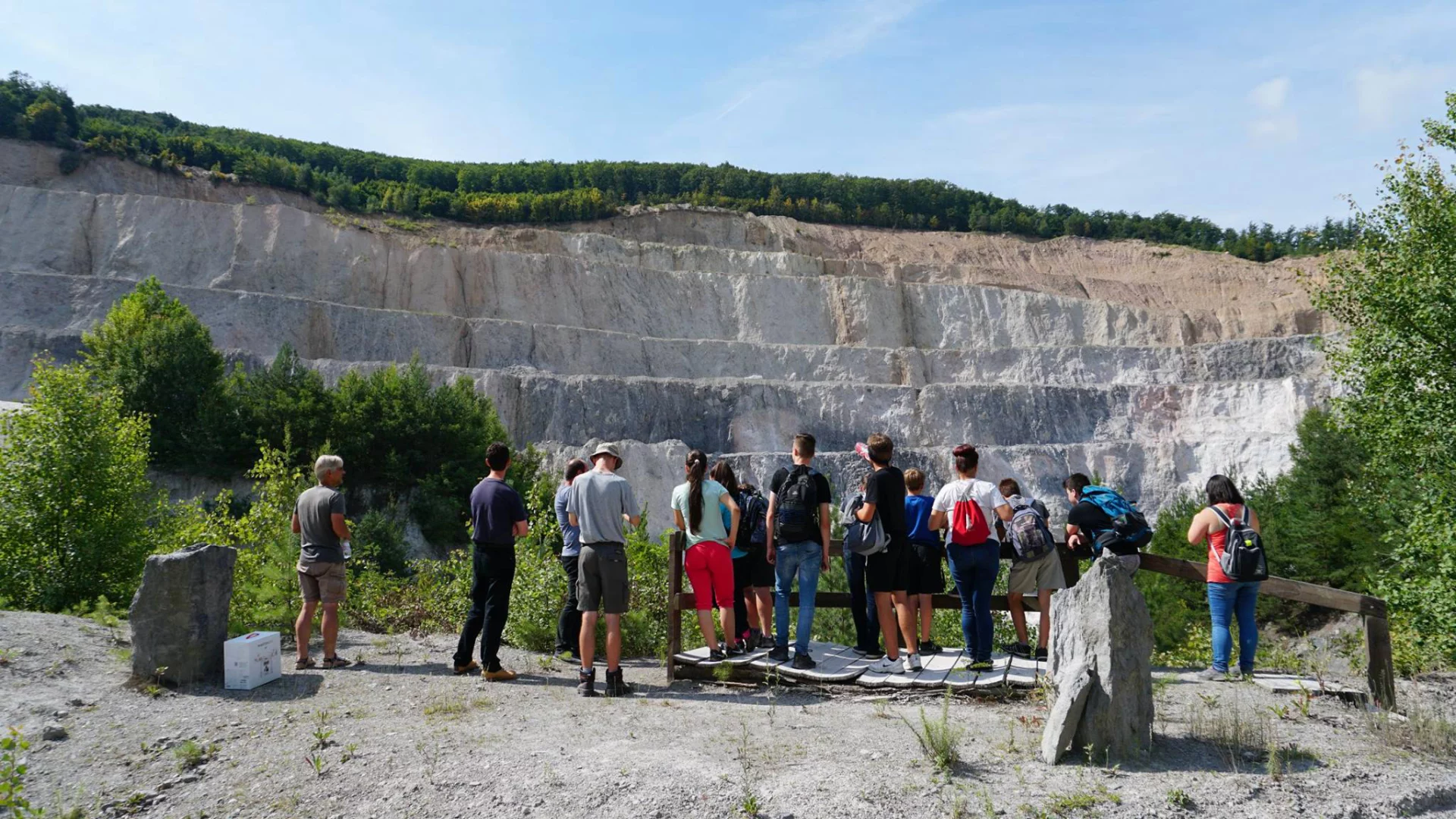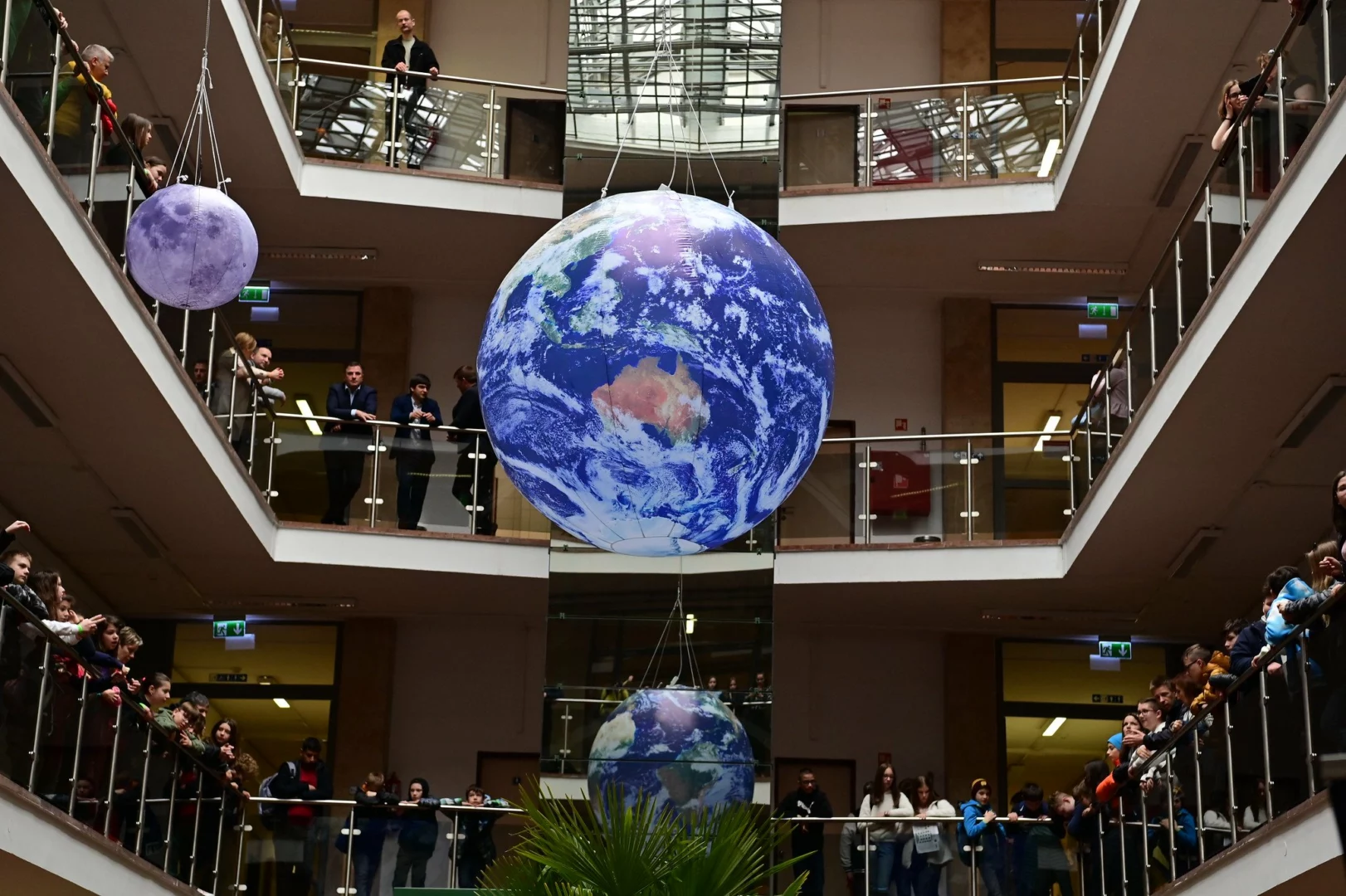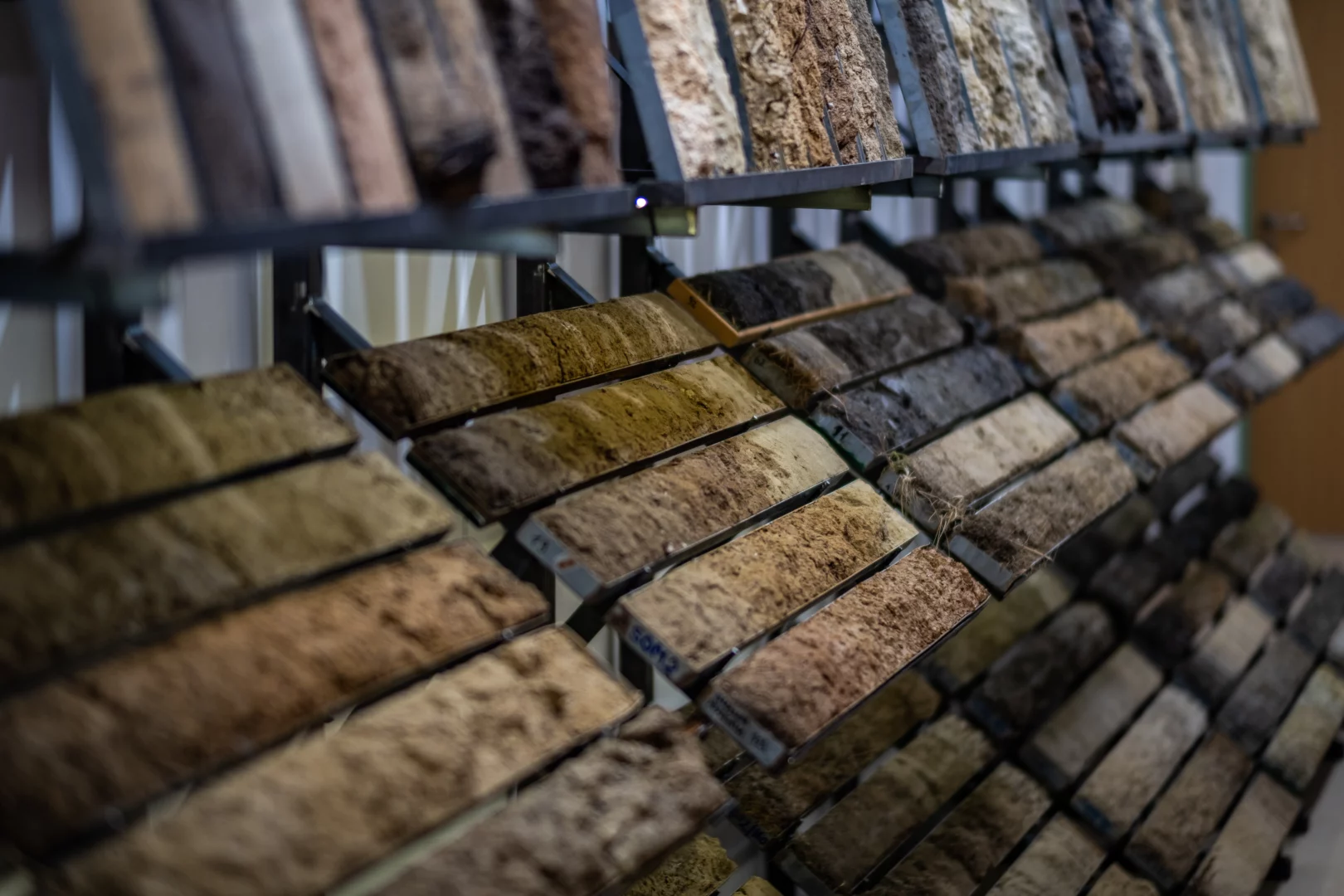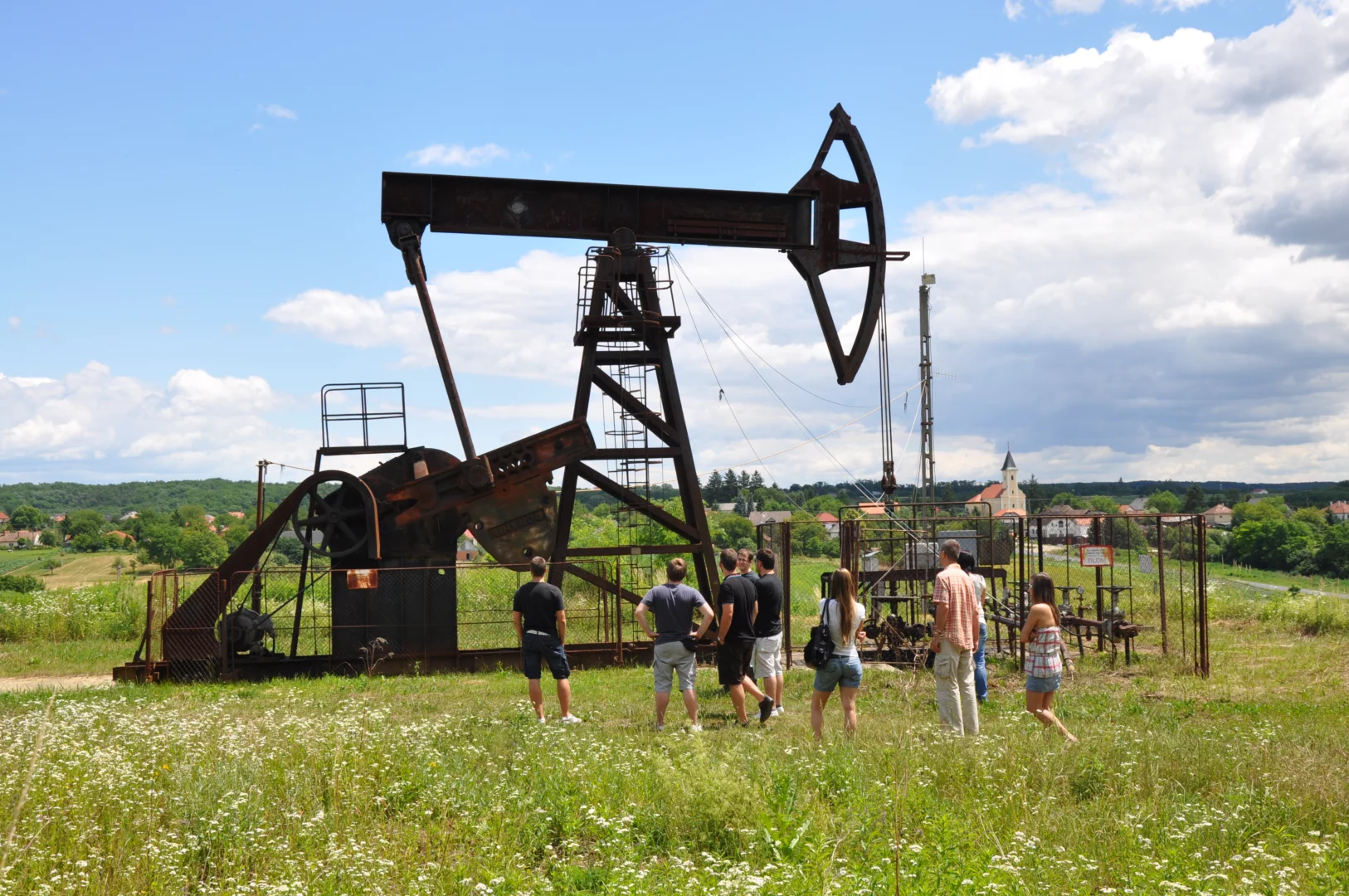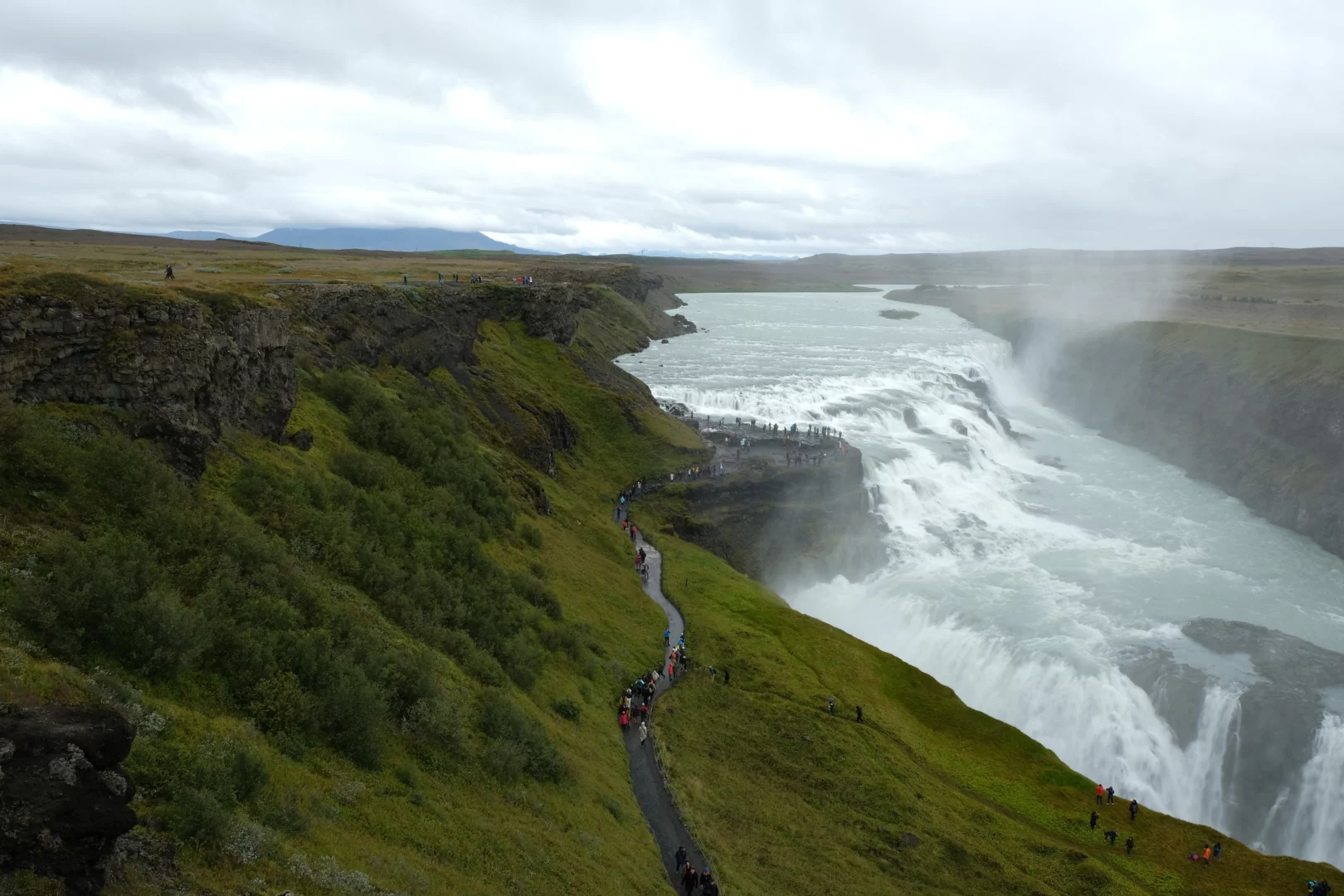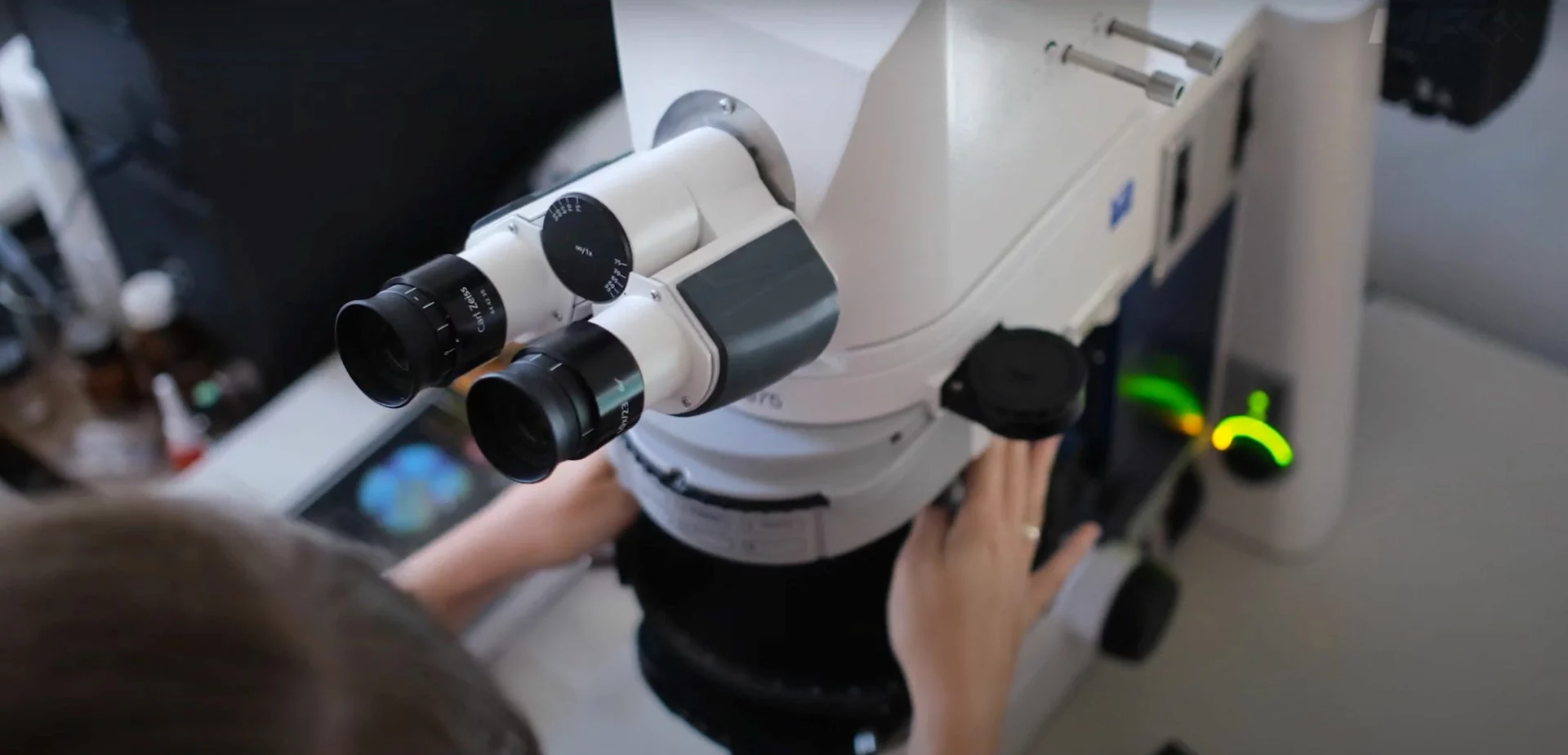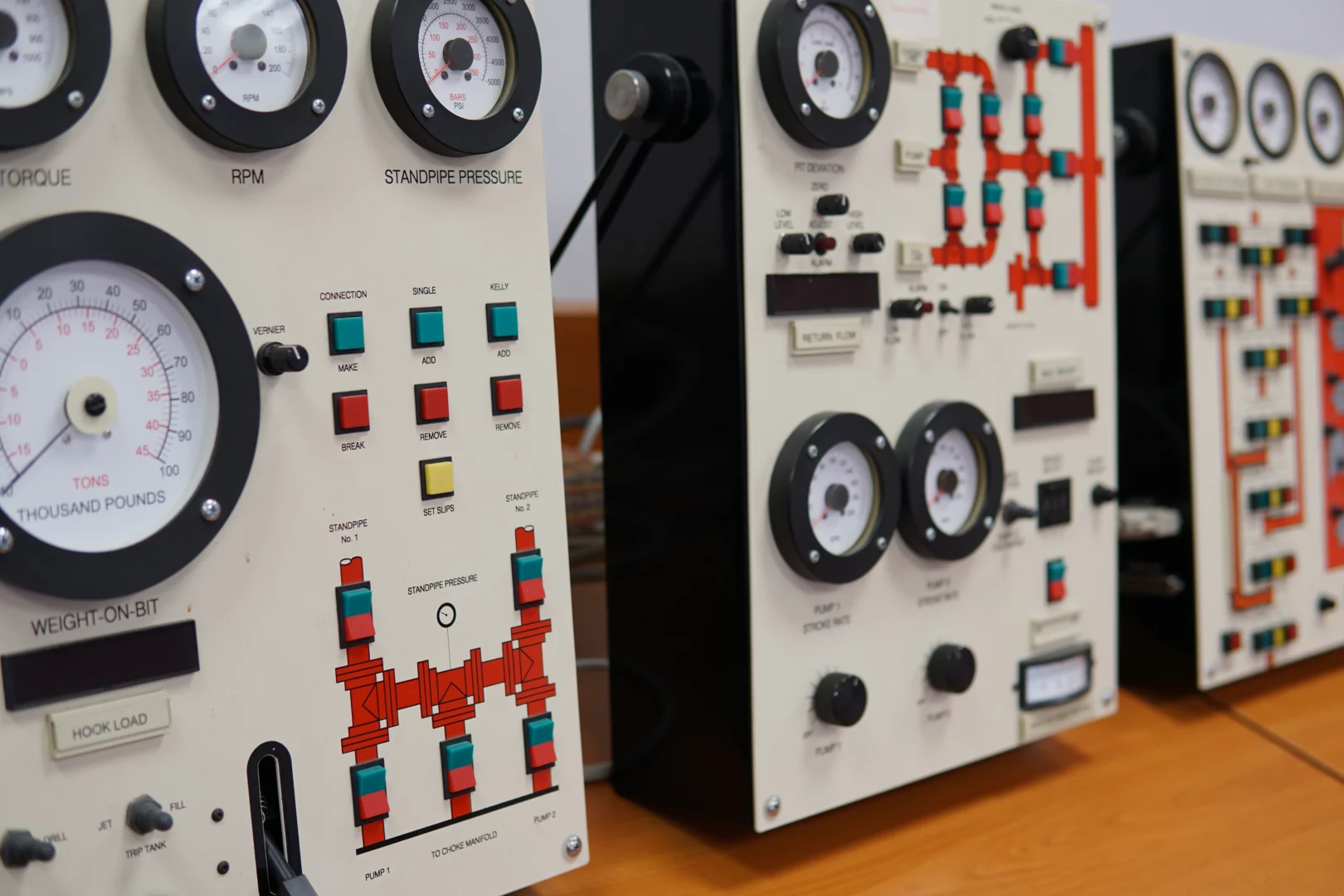Sustainable raw material management involves the application of methods and principles that ensure the efficient and sustainable use of natural resources (extraction of strategic raw materials from the secondary material flow, preparation of raw materials in accordance with the guidelines of the circular economy).
The aim of research activities in the field of renewable and sustainable energy management is to make energy production more sustainable and to promote energy security and diversification (extraction of conventional and unconventional hydrocarbons, underground storage and utilization of CO2; geothermal energy utilization).
The goal of sustainable water management and land use is the efficient and sustainable management of water resources and soil resources (innovative soil mapping procedures supporting precision agriculture; innovative utilization of domestic mineral waters, and thermal waters; water supply, complex treatment of municipal and industrial wastewater).
Supporting exploration for raw materials, the development of methods for the efficient processing and interpretation of geoinformation (AI based data science, geostatistics, geophysical inversion methods, development of numerical geological models, development of mineralogical and petrological methods, economic aspects of geoinformation).

